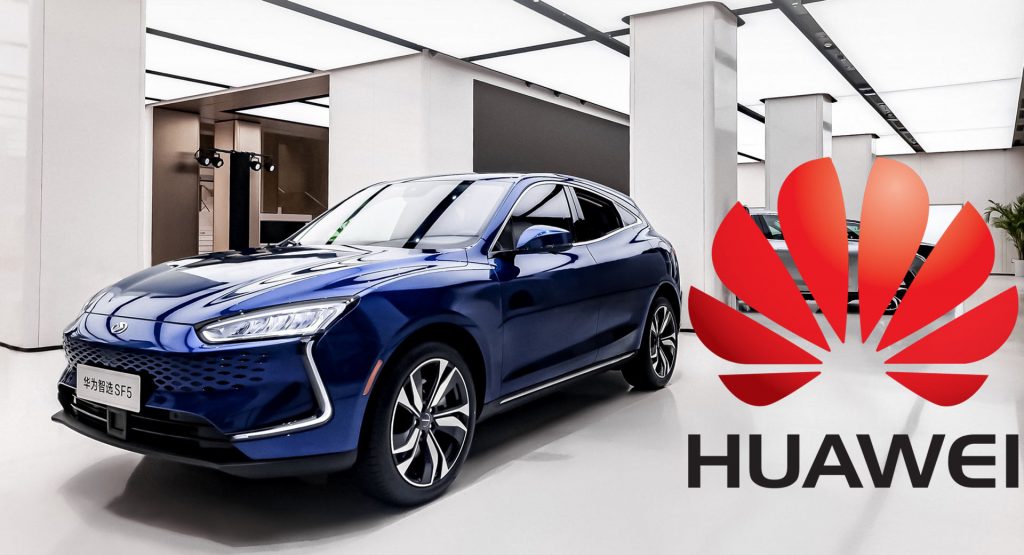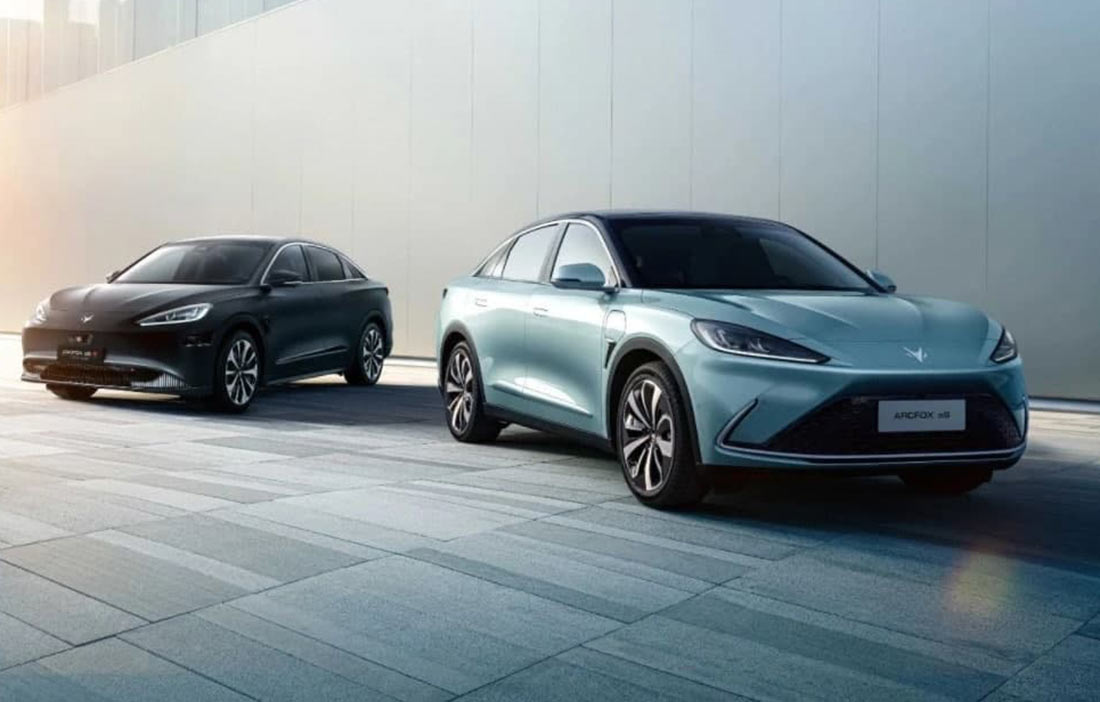Chinese technology giant Huawei has doubled down on its push into the automotive market, particularly in China.
After the company’s massive smartphone business had to deal with the Trump administration’s decision in 2019 to blacklist Huawei for alleged threats to U.S. national security, it sees the automotive industry as a place where its technology expertise can be put to good use.
Read More: Huawei Will Provide 4G Technology To 30 Million VW Group Models
Huawei first launched its HiCar system in 2019, which allows motorists to connect their cars with their smartphones and enables things like intelligent voice assistance and navigation. This system has proved a success, so much so that more than 30 auto brands in China have started to use it, including most domestic brands and even the likes of Volvo and Audi. As many as five million new cars and light trucks sold throughout China this year will have the system, Auto News reports.
Huawei is now looking to make its mark in the electric vehicle segment. It recently announced a deal with Jianghuai Automobile Co to develop sensors and intelligent cockpits for next-generation EVs. Recently, GAC Motor Co. revealed that it will invest 800 million yuan ($123 million) to develop an intelligent electric utility vehicle with Huawei. It is reported that this vehicle will feature Huawei’s computing and communication technology, provide Level 4 autonomy, and is scheduled to hit mass-production in late 2023.
And that’s not all. Huawei’s Level 3 autonomous driving system is featured in the new ArcFox Alpha-S produced by BAIC and unveiled in April’s Shanghai Auto Show. Huawei is also working with Changhan Automobile Co. to develop an electric crossover that’s tipped to debut at November’s Guangzhou Auto Show.




